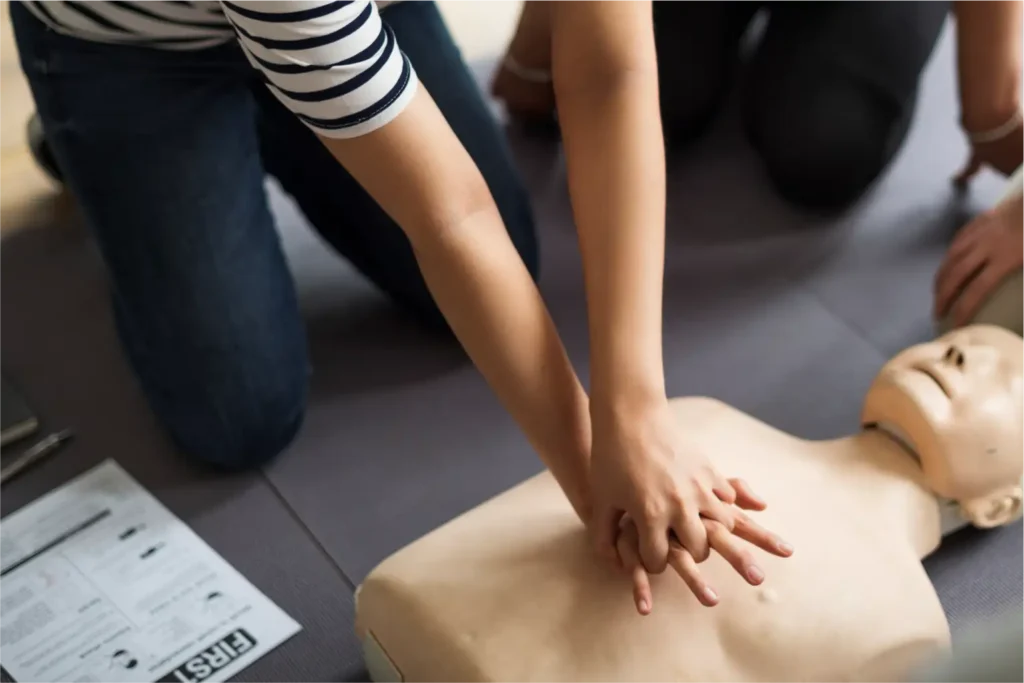
A new research has cast doubt on long-standing CPR protocols, warning that delays in chest compressions, especially in athletes experiencing sudden cardiac arrest, could be costing lives.
The concern centers around the common but incorrect belief that someone can “swallow their tongue” during a collapse, leading first responders to focus on airway management instead of initiating critical chest compressions.
Also Read | New research finds dogs can identify Parkinson’s through scent
Although traditional CPR teaching followed the A-B-C (airway, breathing, circulation) sequence, major health organizations like the American Heart Association shifted to a C-A-B approach over a decade ago, prioritising chest compressions first.
Published in the Canadian Journal of Cardiology, the study by researchers from Tel Aviv University analysed 45 recorded incidents from 1990 to 2024 where athletes collapsed during play or training. In 30 confirmed cases of cardiac arrest, only three athletes received immediate CPR, none of whom experienced poor outcomes. In contrast, 27 athletes were first subjected to misguided attempts at opening the mouth or preventing so-called “tongue swallowing” before CPR began. Eighteen of those either died or were left in a vegetative state.
Dr. Dana Viskin, lead author of the study, emphasised that the tongue is anchored and cannot be swallowed, though full muscle relaxation can cause obstruction. “The belief in tongue swallowing is not only a myth, it’s dangerous,” she said. “The first and most urgent step during cardiac arrest is chest compressions, not clearing the airway or fiddling with the mouth.”
Experts from the UK’s College of Paramedics reiterated the importance of early compressions. “If someone is unconscious and not breathing normally, start CPR immediately and call emergency services,” a spokesperson said. “Trained responders will manage the airway, but compressions must begin right away.”








